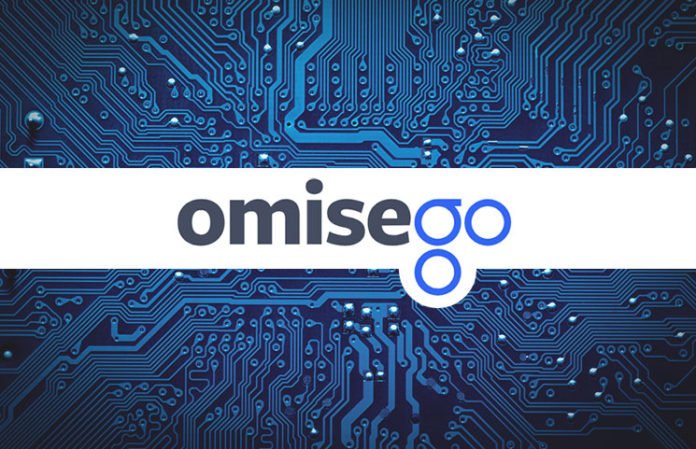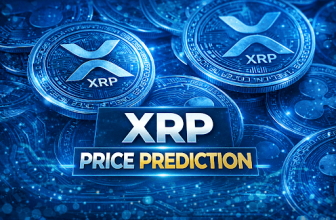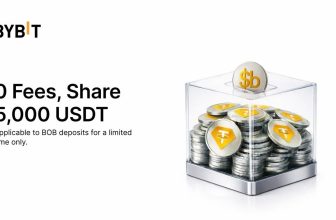
OmiseGo (OMG) has been one of the top gainers in the cryptocurrency market in the past couple of weeks. The altcoin is on track to break its all-time high traded in January 2018.
What you'll learn 👉
Bithumb listing
One of the main reasons for the latest huge rise of the coin is news of its listing on Bithumb, second biggest S.Korean crypto exchange.
This will give OMG a larger exposure to the Asian market, where it already is very popular considering it is a Thailand based. The ERC-20 token has also a lot of support in the Ethereum community. Primarily, it’s because of its role in initiating the Plasma protocol.
OmiseGo is a project not relying on marketing trickery, but on developing an actual, useful product with real-life fintech application. The OMG coin will remain an Ethereum-based token, and will not have its own blockchain (like a lot of other ERC20 tokens), but will use a form of sidechains, or sharding.
Popularity in Asia rising
As we’ve already mentioned OMG is very popular in Asia and has sound business strategy with tight connections with top institutions and people in Asian fintech. Following a similar path to that of Ripple and EOS, the OmiseGo team announced on April 6th that they have secured deals with Shinhan and Woori, two of the largest commercial banks operating in South Korea. This indeed marks a breakthrough for the Cryptocurrency industry, after the failed attempt at securing a deal with Kookmin, one of the largest banks in the region. Since the announcement, both banks are working on developing a series of blockchain and Cryptocurrency based initiatives With OmiseGo.
The Signing of the memorandum of Understanding (MoU) with both the banks will open the doors for blockchain utilization in the banking industry. For instance, the credit card department of Shinhan Bank has announced plans of implementing blockchain technology using OmiseGo. Omise is also developing the Shinhan FAN card which will essentially use the OmiseGo blockchain for overseas merchants.
OmiseGo and APEC: On April 17th, the CEO of OMiseGO announced that it was working on projects with the Asia Pacific Economic Committee for developing blockchain based payment and financial services. Being involved with a multinational organization like APEC would have a positive impact on OmiseGo’s viability as well as value. Following this announcement, Ethereum founder Vitalik Buterin was appointed as an advisor to the OmiseGo board, strengthening the technological potential of the whole project. This can be evidenced by their Proof of Stake algorithm, which was a valuable contribution from Vitalik.
OMG not affected with batchOverflow bug
Quantstamp, a blockchain smart contracts auditor, recently put a lot of efforts on two specific vulnerabilities, batchOverflow and proxyOverflow with the same inherent premise — integer overflow.
OmiseGO took many precautions in the construction of the OmiseGO token, notably through utilizing the SafeMath library in every instance of arithmetic being performed. And according to Quantstamp, OMG smart contract is not affected.
Zebpay listing OMG
Zebpay have announced the addition of a new coin to their ever expanding list of supported tokens. One of the latest additions was also OmiseGO (OMG).
What is OMG
Founded in 2013, OmiseGO is a Thailand-based open payment platform and decentralized exchange issued on Ethereum. Its primary objective is to provide better financial services for both people who use traditional banking services and those in developing countries and jurisdictions that lack traditional banking infrastructure (especially in Southeast Asia).
It aims to enable real-time P2P based payments and value exchanges on an unprecedented global scale. Currently under development, upon completion OmiseGo will be a public, decentralized payment network similar to Ethereum and Bitcoin, not owned by its parent company Omise.
During their ICO, OMG raised $25 million and released their coin, which is also called OMG. The OMG token is primarily used as a staking token. When you hold OMG tokens, you have the right to take an active role in validating the transactions within the platform on the Proof of Stake network.





